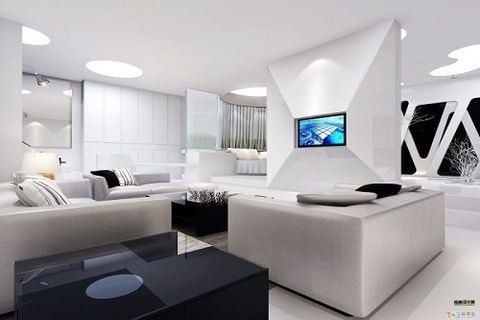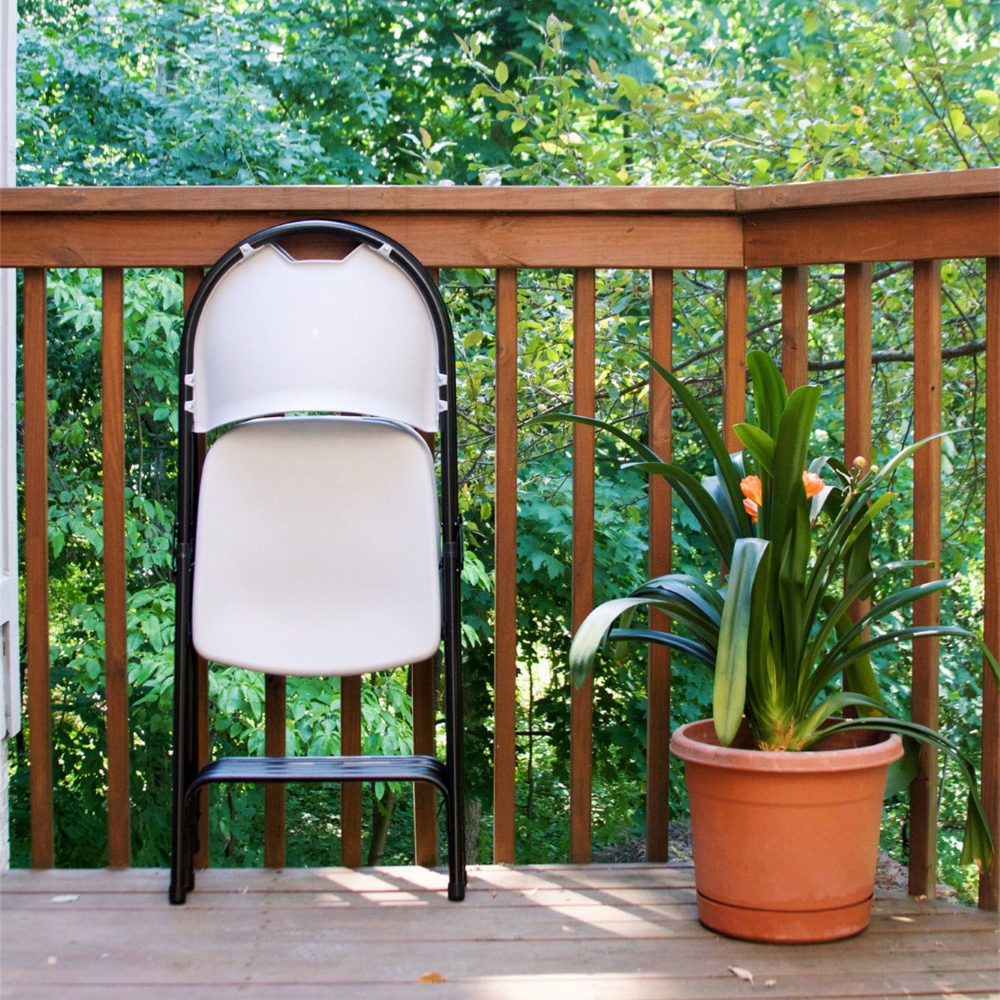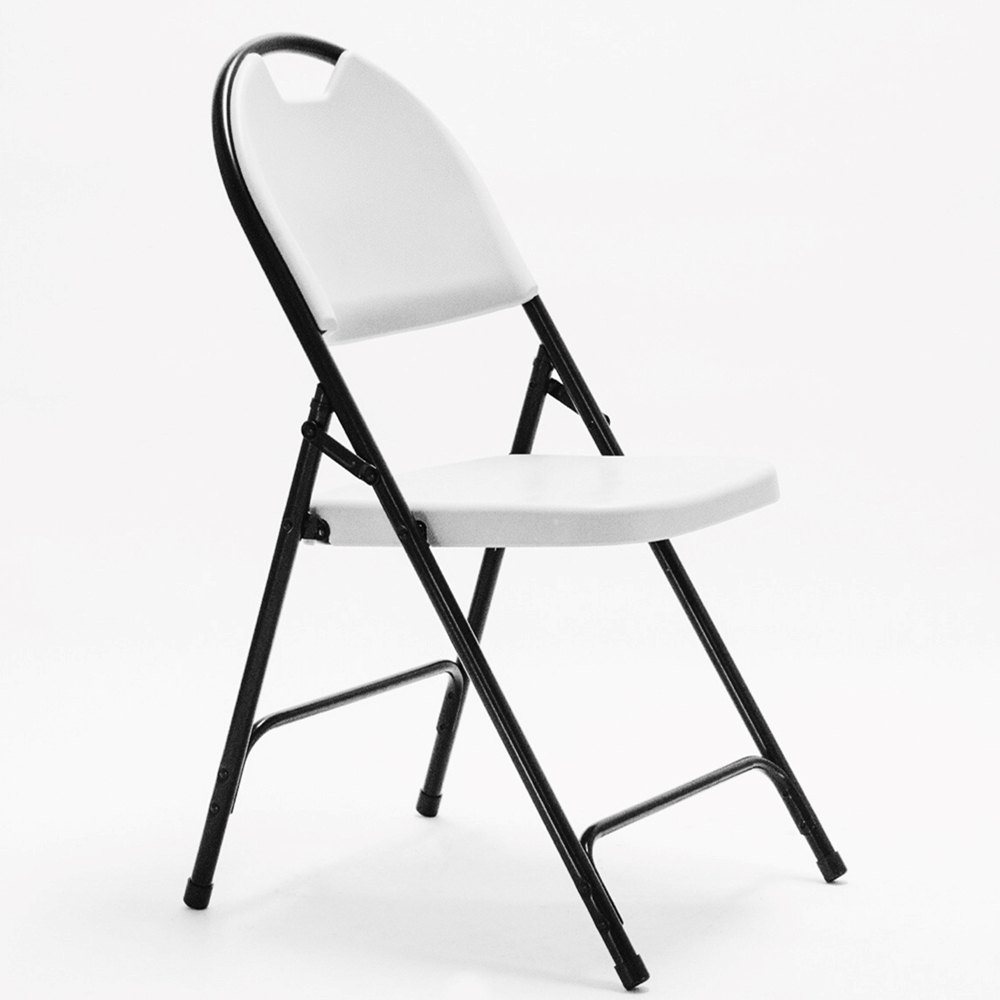HC Security Network News With the advent of the era of intelligent, smart home market thriving. According to the survey, more than 90% of the citizens surveyed are interested in smart homes, and most citizens who are interested in smart homes can afford 15% of their home improvement costs. At the 2016 Internet + Home Improvement Business Model Innovation Summit held recently, smart home has become a high-frequency word mentioned in the industry. The data released by relevant institutions also shows that by 2018, the national smart home market will reach 180 billion yuan. So, can smart homes really be popularized within a short period of five years? Smart homes will flourish in five years or will be popular The smart home market has huge prospects “The survey shows that more than 90% of the citizens surveyed are interested in smart homes, and most citizens who are interested in smart homes can afford 15% of their home improvement costs.†The 2016 Internet home improvement business held recently. At the model innovation summit, smart home became the high-frequency word mentioned in the industry. Yang Wenbing, chairman of the provincial smart home industry technology innovation strategic alliance, said that consumption upgrade is the trend of the times, and the overall purchasing potential of consumers is huge, and gradually disappears. The pursuit of low prices, but more emphasis on product quality and service experience. At present, Hefei's smart home market is still in its infancy, and the overall volume is small, but the future prospects are huge. China Industrial Information Network released the "2013~2018 China smart home industry development trend and investment potential research analysis report" said that from 2006 to 2011, China's smart home market annual growth rate of 20%, is expected from 2012 to 2020 The annual growth rate will reach about 25%. The "China Smart Home Market Special Research Report" pointed out that thanks to the increasing number of smart home hardware products in the market and the increasing popularity of the consumer market, the size of China's smart home market will increase significantly in 2016. By 2018, smart home products will be accepted by the consumer market, and the market size will reach 180 billion yuan. According to industry insiders, 2014 is the first year of smart home in China. Whether it is the Internet giant, or domestic appliance companies, IT companies, e-commerce, etc., they have entered the smart home with high-profile. At present, the development bottleneck of smart home is the excellent real user experience. It can be said that the simple operation and the ultimate experience should be the key to the rise of the smart home brand in the future. At present, the smart home market is still in the cultivation stage, and the industry will be in a rising stage in the next 10 years. To increase popularity, we need to solve the "pain point" Although the prospects are huge, at present, there is not much demand for real “landingâ€. Among them, the price/performance ratio becomes the biggest pain point. Yang Wenbing said that a set of smart home systems with relatively complete functions, including conventional lighting remote control, electrical remote control, electric curtain remote control, multi-room home background music and video sharing functions, security alarm and network video surveillance functions, using domestic brands At least 20,000 to 30,000 yuan is needed; if it is a full set of smart home systems, the domestic price ranges from 30,000 to 100,000 yuan, and the imported ones are hundreds of thousands or even millions of yuan. This is related to high-tech R&D and small-scale production, which makes the cost of smart homes high. It is also one of the important reasons why smart homes are still not popular. In addition, in the construction process, the smart home needs to carry out a series of integrated wiring, complex system setup and installation and commissioning, it will also cost a lot of manpower, and the cost is not small. There are also cheap smart items on the market, but the stability is not high and the sense of use is not strong. The quality of these smart items is uneven and the homogenization phenomenon is serious. Many smart homes have many functions, but these functions are not convenient. After many users have used smart home products, they find that most of them are not practical. This does not actually achieve the expected effect of smart home, so it is difficult to obtain consumer recognition. In addition, at present, the standards are different, and the communication protocol is disordered, which limits the development of the smart home industry. Smart home manufacturers basically do their own, there is no unified standard, and they are not compatible with each other. The lack of stability and coordination of products has also restricted the development of the smart home market to some extent. Related security experts said that smart homes are new things, and there are still many imperfections in network security, device security, system security, and data storage and privacy. A previous study found that there are hundreds of security vulnerabilities in the top ten smart home devices, including "television, webcam, remote control sockets, door locks, home alarms and garage door remote switches." Smart home, waiting for uniform standards Yang Wenbing said that the smart home industry is currently developing rapidly, and all manufacturers are fighting for the market. However, the smart home industry should slow down and do a good job of "quality" and then seek "quantity." At present, smart homes are more like connected homes, and there is still a certain distance between smart and smart homes that the public expects. From the perspective of products, whether it is hardware or software, innovation is urgently needed; some unnecessary functions or functions that consumers rarely use should be simplified as much as possible to enhance the consumer experience. As far as the industry itself is concerned, it is very important for smart homes to be interconnected. The industry needs a measure to unify products, interfaces and technologies. However, the relevant domestic standards are uneven, there is no unified calibre, and it is imperative that governments, industry associations, and enterprises should all participate in the formulation of unified standards for smart homes. In addition, senior analyst Wu Qiang said that in the Internet era, the decoration industry needs to integrate user needs and form an ecosystem. Enterprises must “build an ecosystem†with other equally good companies to get through and be compatible with all these devices, so that “all brands can be selected as long as they have one entryâ€. For example, it can be interconnected in decoration companies, hotel channels, and real estate channels, and accelerate the development of intelligent solutions through cooperation. It is understood that many smart home furnishing companies in Hefei have already cooperated with real estate developers. In the various real estate showrooms in Hefei, smart homes can be seen. Some developers choose to allocate smart homes for some of their products to increase the gold content of the project, and the residential market is being upgraded, which also brings opportunities for smart homes. Editor in charge: Li Jin
For extra seating solutions at the office or during corporate events, shop folding chairs with durable, reliable frames. Many of these chairs have a heavy-duty weight compacity, non-marring floor protector caps, textured seats, and steel frames to stand up to all sorts of gatherings for years to come. Shop practical, functional, and comfortable folding chairs that can be easily folded up and stored when they`re not in use to make more room around your office.
Folding Chairs,Foldable Chair,Portable Chair,Fold Up Chairs,Folding Chair,Fold Up Chair jiangsu concentric internatinal ltd , https://www.jsconcentriccorp.com

